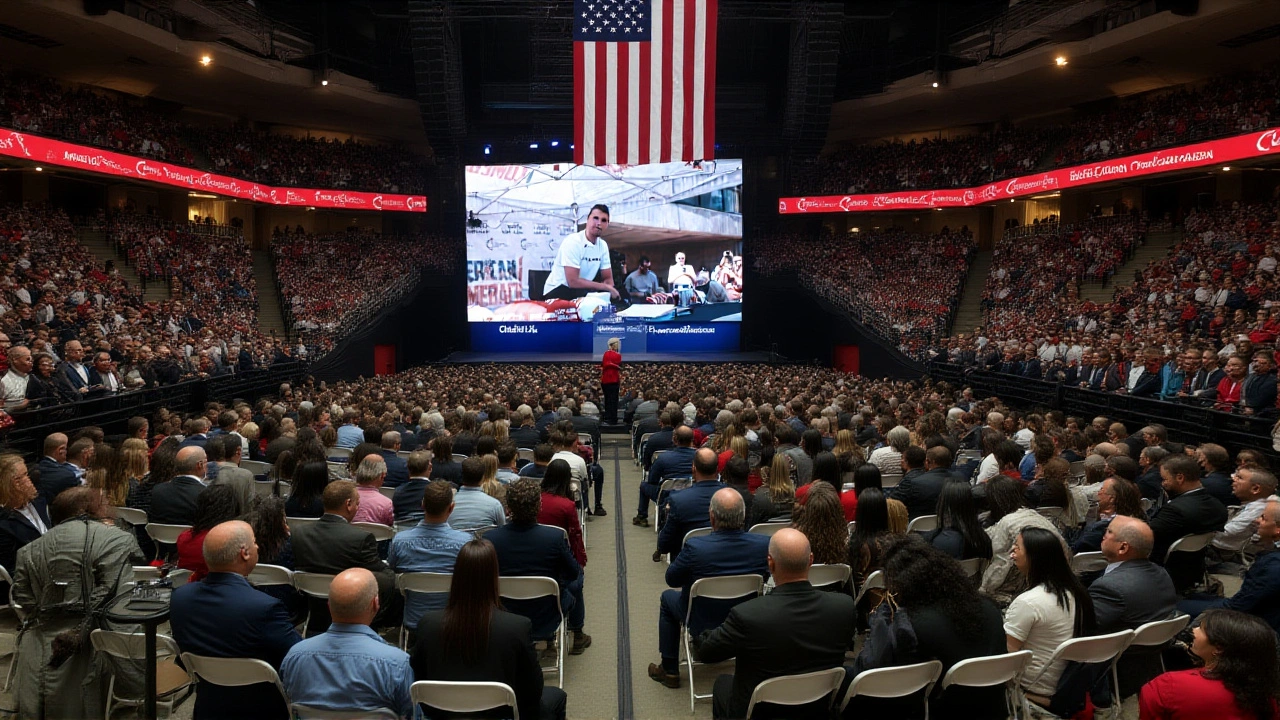When working with Partisan Resolution, the process of settling disputes between opposing political or ideological groups. Also known as political settlement, it often involves negotiation, compromise, and sometimes external mediation. This kind of settlement can turn heated clashes into lasting agreements that reshape policies and societies. Below we break down the core ideas and show how they pop up in real news.
Take Political Protest, public demonstrations demanding change from governments or institutions. When streets fill with voices, authorities feel pressure to respond. In Kenya, Gen Z protests over a tax bill led to a tragic crackdown, but also forced the president to consider reform. That chain – protest → dialogue → settlement – illustrates a classic partisan resolution pathway: opposing sides eventually sit down to negotiate terms that address core grievances while preserving stability.
Another arena where protest flips into settlement is education. The Strike Action, collective work stoppage used by workers to demand better conditions by university staff in Nigeria highlighted funding gaps. The ASUU strike pushed the government into talks, leading to promises of budget increases and policy tweaks. Here the strike acted as leverage, turning a deadlock into a negotiated compromise that qualifies as a partisan resolution between academia and the state.
Success stories get spotlighted when international awards recognize leaders who manage to bridge divides. The Peace Prize, a global honor celebrating efforts to resolve conflict and promote democracy awarded to María Corina Machado underscored how a determined political figure can turn a polarized crisis into a path toward peace. Her activism forced both opposition and government to reckon with democratic demands, ultimately shaping a broader settlement framework that other nations watch closely.
Sports may seem far from politics, but tournaments often become venues for diplomatic talks. Sports Diplomacy, the use of sporting events to improve international relations and resolve tensions turned a 0‑0 World Cup qualifier between South Sudan and Togo into a conversation about African football’s future. While the match ended in a draw, the surrounding discussions pushed CAF officials to consider reforms, showing that even a scoreless game can trigger a partisan resolution among governing bodies.
These examples share a common thread: conflict brings opposing sides together, and the resolution process builds a new status quo. Whether it’s a protest in Nairobi, a strike in Abuja, a Nobel accolade, or a neutral football pitch, each scenario demonstrates how partisan resolution redefines power balances. The underlying mechanisms—negotiation, compromise, external pressure—form a toolkit that policymakers and activists can draw on when facing division.
Below you’ll find a curated collection of recent stories that illustrate partisan resolution in action across politics, education, and sport. Dive in to see how real‑world events turn contention into compromise, and pick up ideas you can apply to your own challenges.
Posted by
Siseko Tapile
14 Comments

Wisconsin's Assembly passed a partisan resolution honoring late commentator Charlie Kirk, sparking debate and a pending Senate vote on October 17.
read more